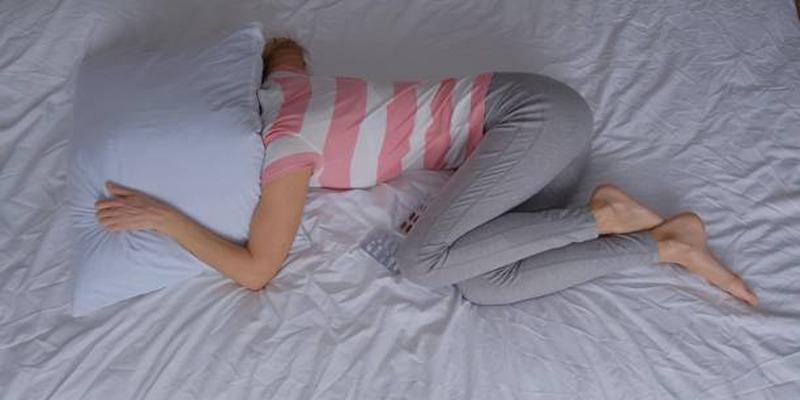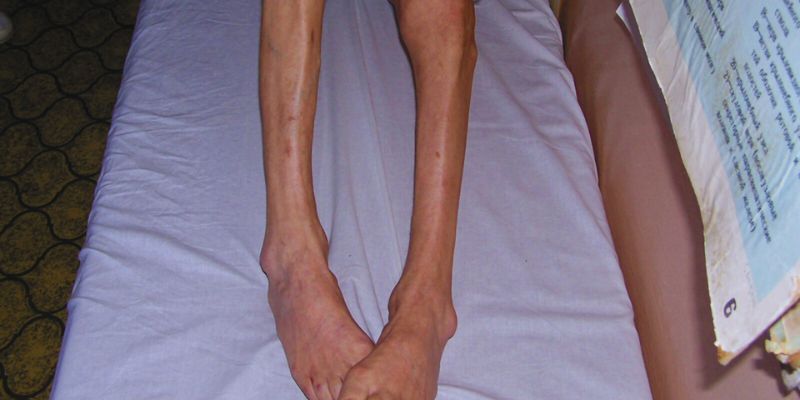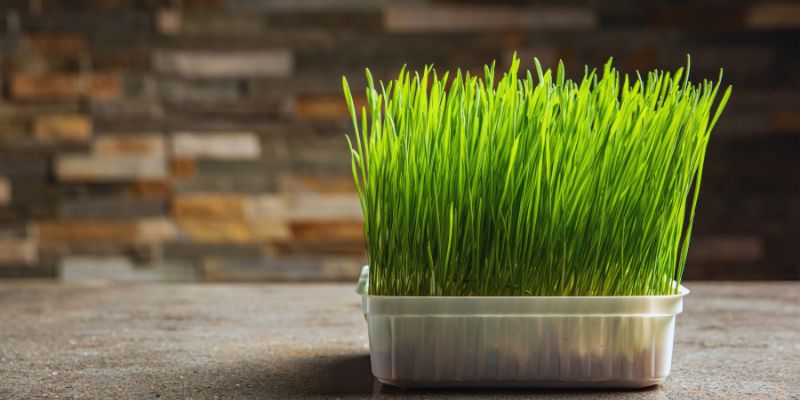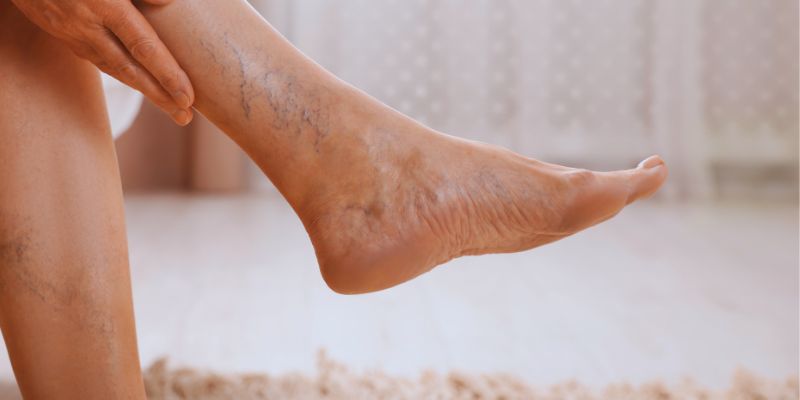Morning Stiffness Relief: Tips to Start Your Day Right
Advertisement
Morning stiffness can make it challenging to start the day feeling energized and ready. Whether caused by poor sleep posture, lack of movement, or underlying health conditions, addressing this discomfort is essential. By adopting a few simple strategies, you can alleviate stiffness, improve flexibility, and set the tone for a more productive and comfortable day ahead.
Understanding Morning Stiffness:
Morning stiffness is a common experience, affecting persons of all ages and backgrounds. It often comes with diseases such as arthritis, fibromyalgia, and lupus but can also be the result of daily activities or aging. Morning stiffness will most likely occur in muscles and joints, causing pain and reduced flexibility. The duration of morning stiffness can vary from person to person, ranging from mild tightness to severe pain lasting several hours.
Causes of Morning Stiffness:
Sleeping position, lack of night activities, or underlying disease may all contribute to increased morning stiffness. Some of the significant causes are given below:
Arthritis
Arthritis, such as osteoarthritis and rheumatoid arthritis, is a common cause of morning stiffness. Both are conditions where the joints are inflamed, and this inflammation can increase during the night due to immobility for extended periods.
Joint cartilage also tends to break down, leading to pain. Arthritis sufferers tend to have increased stiffness in the morning because their joints take longer to "warm up" and become supple again after several hours of not being used.
Lack of Physical Activity
A sedentary lifestyle can contribute to weakened muscles and tight joints, worsening morning stiffness. When muscles remain unused for long stretches, they become less flexible, and joints lose their range of motion.
This lack of movement can lead to prolonged discomfort and stiffness. Regular stretching and low-impact exercises, such as yoga or walking, can help mitigate these effects by strengthening muscles and promoting joint mobility.
Poor Sleeping Positions

Improper sleeping postures, such as sleeping in awkward angles or on unsupportive surfaces, can strain muscles and joints. Certain sleeping positions may compress specific areas, leading to stiffness and discomfort after waking.
Using supportive pillows and a quality mattress can encourage better alignment during sleep, reducing strain on the body. Adjusting sleeping positions to align with spinal curves also promotes comfort and minimizes tension for a smoother morning.
Dehydration
Staying hydrated is crucial for joint health, as water helps maintain the lubrication of cartilage. Dehydration during sleep can lead to reduced joint mobility and exacerbate stiffness. Without adequate hydration, muscles may become cramped, further compounding discomfort. Drinking sufficient water throughout the day and before bedtime can prevent these issues, ensuring the body is better prepared for restorative sleep and smoother mobility upon waking.
How it affects daily life?
Morning stiffness can have a significant impact on daily life. It can make it challenging to perform simple tasks, such as getting out of bed or getting dressed. It can also affect overall mobility and hinder participation in physical activities, leading to decreased strength and endurance over time. Morning stiffness can also cause fatigue and mood changes, making it difficult to start the day on a positive note.
Tips for Relieving Morning Stiffness:
Here are some effective strategies to alleviate morning stiffness and improve mobility.
Stay Hydrated
Proper hydration is crucial for maintaining the elasticity of muscles and joints. Drinking enough water throughout the day helps to ensure that your body remains lubricated and well-functioning, which can minimize stiffness upon waking. Try to hydrate consistently, even before bedtime, but avoid overhydrating right before sleep to minimize interruptions during the night. Warm or herbal teas can also support hydration and promote muscle relaxation.
Incorporate Stretching
Stretching can help loosen tight muscles and improve flexibility in the morning. Gentle movements such as yoga stretches, cat-cow poses, or forward folds can enhance circulation and relieve tension.
Focusing on problem areas like the lower back, neck, and hips can provide targeted relief. Consistent stretching in your morning routine can significantly improve mobility, reducing discomfort and allowing for a smoother transition into your day.
Warm-Up Your Body
Using heat therapy can ease stiffness and improve blood flow. Consider applying a warm towel, heating pad, or taking a warm shower first thing in the morning. This not only relaxes your muscles but also stimulates circulation in stiff areas of your body. For better results, combine heat application with gentle stretching to relieve soreness and regain full range of motion.
Prioritize Physical Activity
Engaging in regular physical exercise strengthens muscles and reduces joint stiffness in the long run. Low-impact exercises like walking, swimming, or tai chi are particularly effective for maintaining joint health. By being active every day, your body adapts to movement, making it less prone to stiffness during the night and early morning.
Stress management techniques

Stress can worsen symptoms of morning stiffness and overall well-being. Incorporating stress management techniques, such as deep breathing, mindfulness exercises, or journaling, can help reduce tension in the body and promote relaxation. These practices can also improve sleep quality, which is crucial for managing stiffness.
When to Seek Medical Advice?
If morning stiffness persists or worsens over time, it may indicate a chronic condition requiring medical attention. Recognizing early warning signs and seeking treatment can prevent further complications.
Recognizing Chronic Symptoms
Chronic symptoms of morning stiffness can vary and may point to underlying health issues. It is essential to identify these signs early for proper management.
- Persistent or worsening stiffness lasting more than an hour.
- Swelling, warmth, or redness in the joints.
- Decreased range of motion or difficulty performing daily tasks.
- Pain that disrupts sleep or worsens at night.
- Fatigue or overall malaise accompanying joint discomfort.
Treatment Options
Treatment for chronic stiffness depends on the cause and may include medication, lifestyle changes, and physical therapy. Anti-inflammatory drugs, pain relievers, and sometimes corticosteroid injections are commonly used to ease symptoms. Physical therapy improves mobility and strength, while targeted exercises help reduce stiffness. Complementary therapies like acupuncture or yoga may also offer relief.
Conclusion:
Chronic stiffness can significantly impact daily life, but with proper diagnosis and tailored treatment, its effects can be managed effectively. Early recognition of symptoms and proactive care—including medication, physical therapy, and lifestyle changes—are key to reducing discomfort and improving quality of life. Additionally, exploring complementary therapies may offer added relief for certain individuals.
On this page
Understanding Morning Stiffness: Causes of Morning Stiffness: Arthritis Lack of Physical Activity Poor Sleeping Positions Dehydration How it affects daily life? Tips for Relieving Morning Stiffness: Stay Hydrated Incorporate Stretching Warm-Up Your Body Prioritize Physical Activity Stress management techniques When to Seek Medical Advice? Recognizing Chronic Symptoms Treatment Options Conclusion:Advertisement












